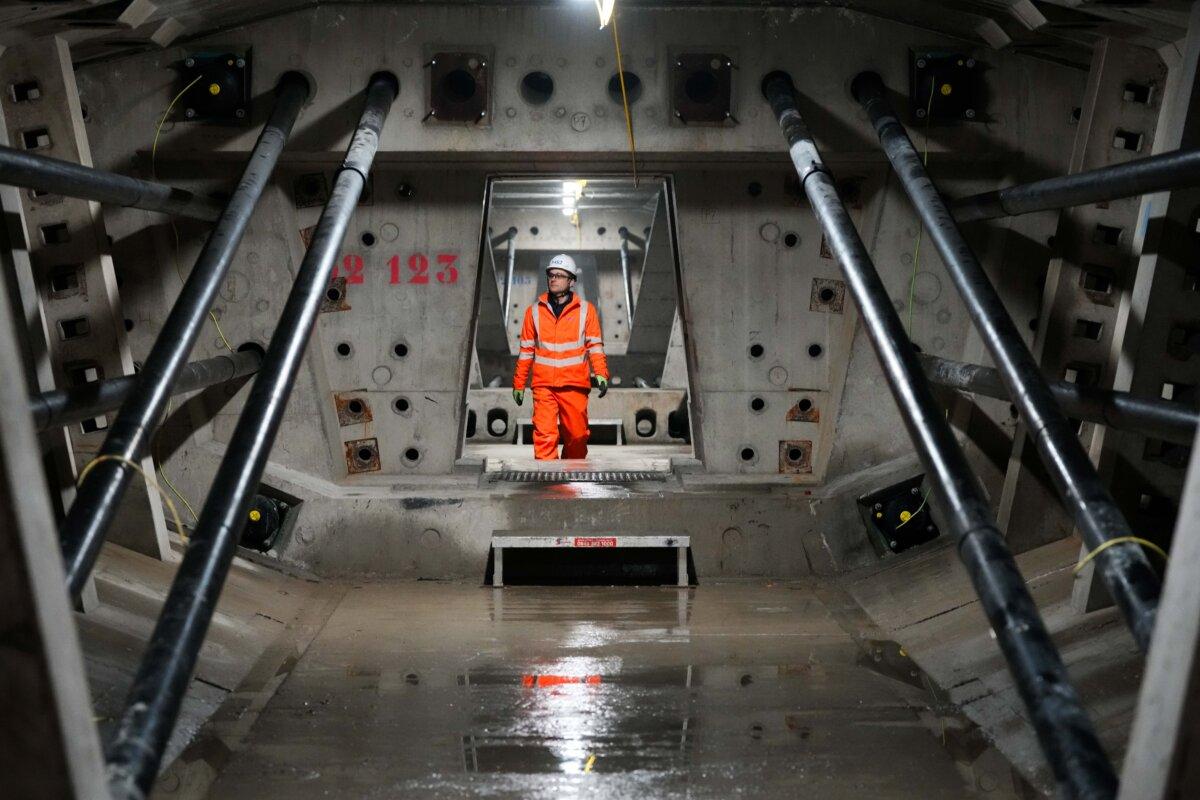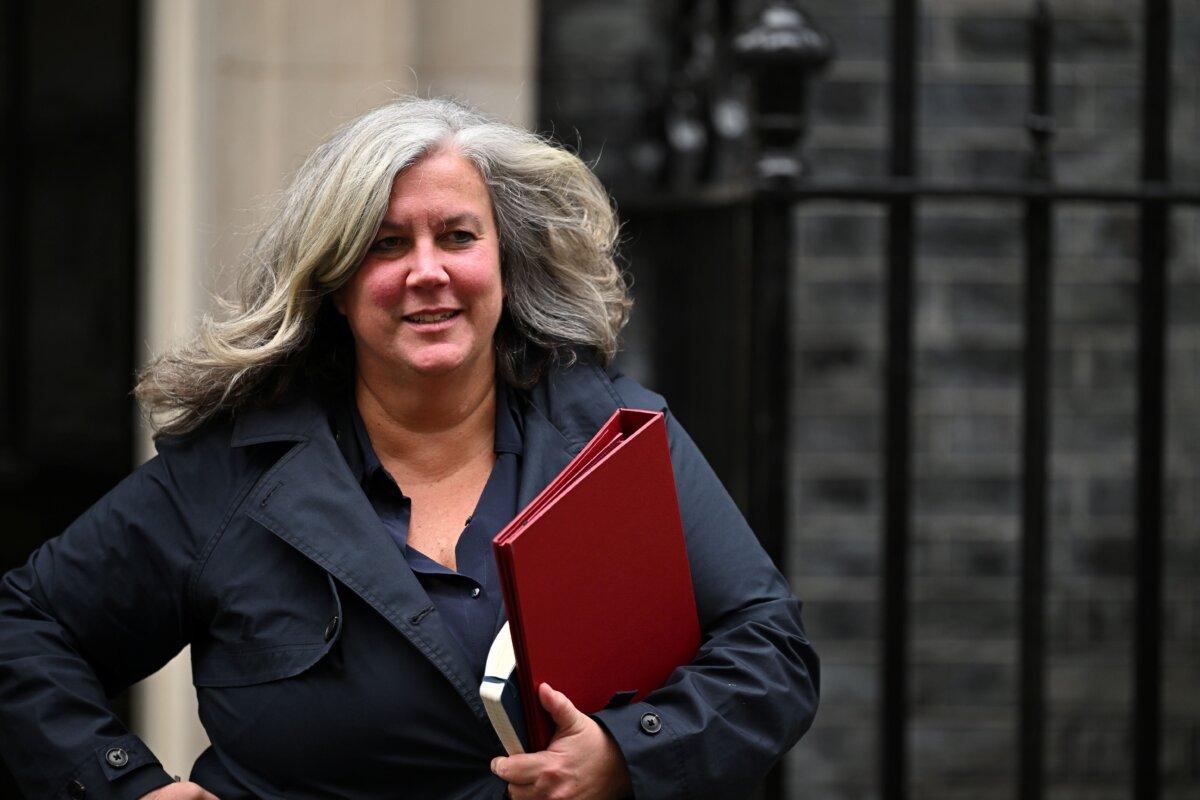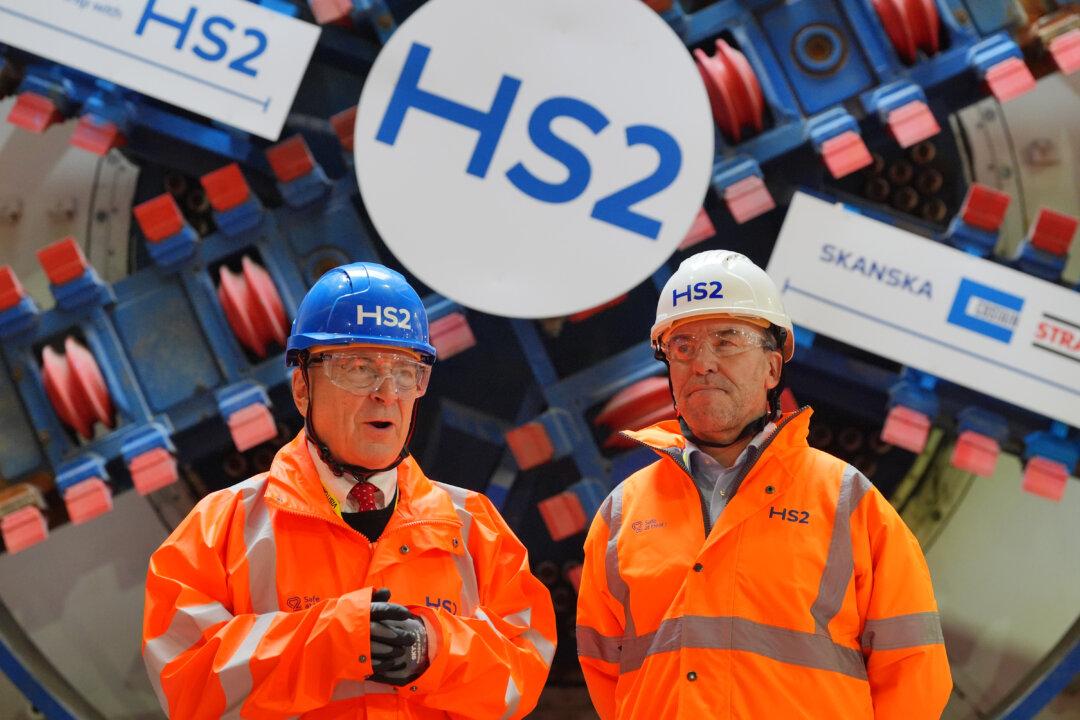Transport Secretary Heidi Alexander has confirmed that the HS2 high speed rail project will not be running by 2033, citing ineffective contracts, constant scope changes, and poor management as key reasons for the delay.
Speaking in the House of Commons on Wednesday, Alexander called the state of the project “an appalling mess” and pledged to bring it under control.
“It gives me no pleasure to deliver news like this. Billions of pounds of taxpayers’ money has been wasted by constant scope changes, ineffective contracts, and bad management,” she told MPs.
While she confirmed that the line will not be operational by the original 2033 target, she did not set a new completion date.
Billions Spent, Little Progress
HS2 was originally planned to connect London to Birmingham, Manchester, Leeds, York, and the East Midlands Parkway.The remaining stretch—between London and the West Midlands—remains under construction.
Shadow transport secretary Gareth Bacon acknowledged the Conservative Party’s failures while in government.
He said that “mistakes were made” in the delivery of the HS2 and admitted the decision to cancel the northern leg, as well as introduce the alternative “Network North,” was a response to the mishandling of the scheme.
Cost Management
The first phase of the project was originally projected to cost £20.5 billion in 2012. That figure has since more than doubled to an estimated £56.6 billion.Alexander criticised the lack of oversight in recent years and highlighted poor cost management at HS2 Ltd.
“Quite simply, there have been too many dark corners for failure to hide in. The ministerial taskforce set up to provide oversight of HS2 had inconsistent attendance from key ministers, including the then-transport secretary and the then-chief secretary to the Treasury,” she said.

The government has now reinstated full senior attendance on the taskforce and established new performance and shareholder boards to increase accountability.
A review led by infrastructure adviser James Stewart found deep flaws in the project’s delivery.
Alexander said the government has accepted all of the review’s recommendations, including reforming how HS2 estimates costs and structures contracts.
She told MPs that HS2 must “fundamentally” change the approach to estimating costs and work with suppliers so their contracts incentivise saving money for taxpayers.
“We’ve made clear to the new Chief Executive Mark Wild that the priority is building the rest of the railway safely at the lowest reasonable cost, even if this takes longer,” Alexander said.
Euston Plans Over Budget
One of the most costly setbacks has been the planned London terminus at Euston.Between 2019 and 2023, HS2 Ltd submitted designs for the station that were nearly £2 billion over budget. When asked for a more affordable version, the alternative plan was £400 million more expensive than the original.
“The word ‘affordable’ was clearly not part of the HS2 lexicon,” Alexander said.

She also revealed that a ministerial taskforce created for the Euston project under the previous government “never met.”
Falling Behind
Labour seeks to restore Britain’s reputation for delivering world-class infrastructure.Responding to Reform UK leader Nigel Farage, who called for HS2 to be scrapped, Alexander said, “We are not going to be a country that spends over £30 billion on rail infrastructure but then never sees a train running on it.”
On Monday, ministers announced new rules aimed at boosting high-quality British jobs and skills by tightening the criteria for awarding major government contracts.
“In the past, companies have made pledges when bidding for contracts but don’t always follow through,” the Cabinet Office said in a statement.
Under new plans, public bodies would be required to give more weight to companies that commit to creating UK jobs and investing in skills. The changes would apply to major government projects, including transport, schools, and hospitals.







